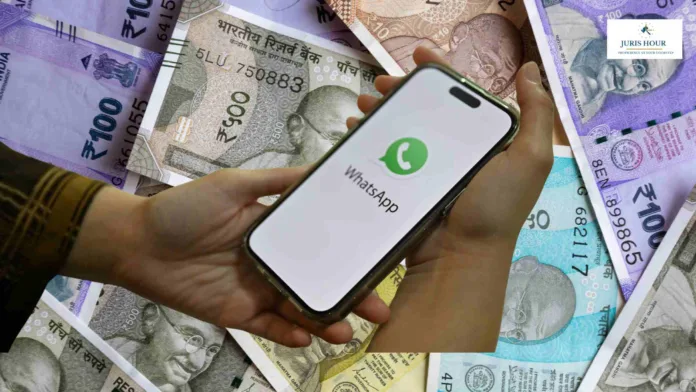As digital communication increasingly shifts to platforms like WhatsApp, questions about the evidentiary value of such chats in legal and tax proceedings are becoming more relevant. Indian courts have generally acknowledged that WhatsApp messages can qualify as electronic evidence under the Indian Evidence Act, 1872—but this recognition comes with notable limitations.
In the landmark case Ambalal Sarabhai Enterprises Ltd. v. KS Infraspace LLP [Civil Appeal No. 9346 of 2019], the Supreme Court ruled that WhatsApp messages, being virtual verbal communications, must be scrutinised through examination-in-chief and cross-examination. Their value as evidence is not determined solely by their presence, but by their context within the broader chain of communications—often supported by emails and other corroborative materials.
In a more recent case, Rucha Consultancy LLP v. DCIT [(2025) 174 taxmann.com 221], the Mumbai Income Tax Appellate Tribunal (ITAT) held that WhatsApp chats, when presented in isolation, cannot be the sole basis for additions under the Income-tax Act. Instead, such chats must be substantiated with independent and corroborative evidence to hold evidentiary weight.
This stance is in line with the Supreme Court’s earlier observation in Common Cause v. Union of India, where it was clarified that unverified loose sheets or abstract documents—often termed as “dumb documents”—cannot be used to make additions in tax proceedings.
In essence, while WhatsApp chats may serve as supporting evidence, they are not conclusive proof unless validated by a broader body of corroborative facts and records.

